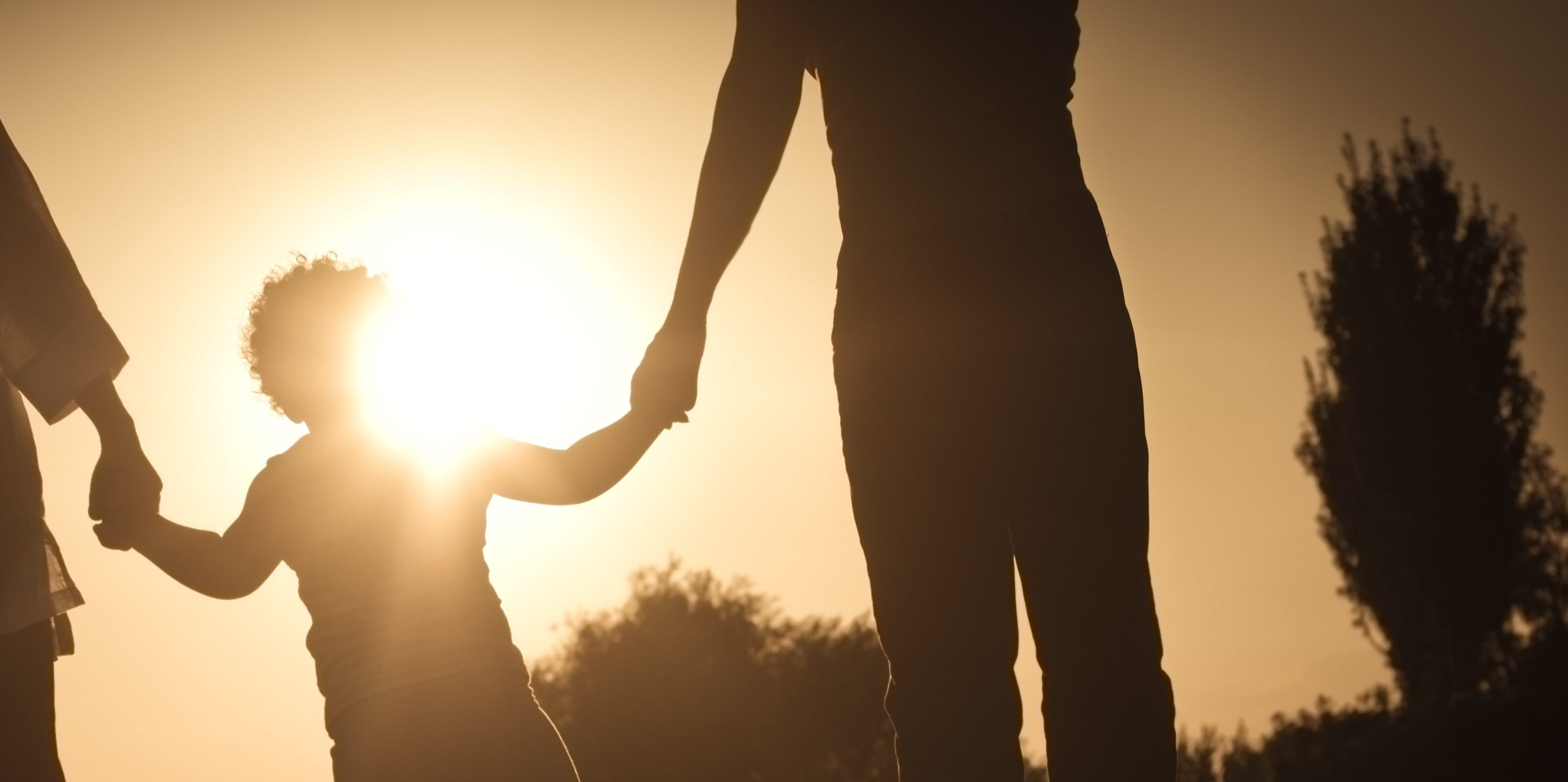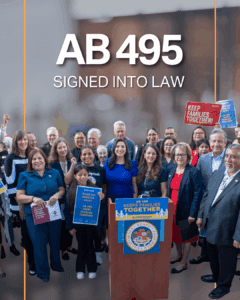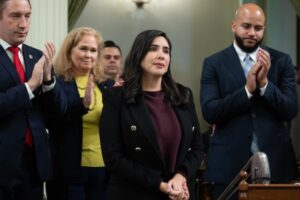Juan Guzman traveled to Brownsville, Texas, on July 13th to gather declarations from children in detention at Casa Padre. These are his words:
I arrived in Brownsville as part of a team made up of 25 attorneys, five interpreters, and a small team of medical experts. Our purpose was to interview boys being held at Casa Padre, a detention center in a converted Walmart building, to ensure that the government is complying with the Flores settlement agreement regarding the detention of minors. Flores requires that the children who traveled to United States with their parents be reunited with those parents as soon as possible, and that they be provided with medical treatment and healthy conditions during their detention.
The federal government is not reunifying these children with their parents as quickly as they are required to do by law. Imagine being ten or eleven years old, being removed from your mother suddenly and without warning, and being placed in a detention facility for over a month with no contact and no idea where your mother might be. When you finally speak to her, imagine that you may talk for only ten minutes, and neither of you is sure when you might be reunited. That is the kind of situation one encounters when interviewing these children.
Casa Padre is very clearly a prison for children. It can hold 1400 children. Boys between 10 and 17 are sent there. There are four quadrants inside. The first is a quarantine area where children are held for several days when they first arrive, to prevent the spread of disease. Due to the number of children detained, it can take time before they can see a doctor.
It struck me that almost all of these boys arrived in this country with a parent who is able to make decisions regarding their care. But when they are detained and sent to Casa Padre, the Office of Refugee Resettlement and the medical team at Casa Padre makes decisions about medical treatment without first contacting the parent. They are usurping the parent’s right to parent. There are boys at Casa Padre receiving x-rays, blood tests, vaccines and more—all without parental consent. The facility is kept cold, and all of the boys I interviewed appeared to be sick.
In the hallway, there is a phone called the Care Line. The children are invited to use the Care Line to contact an attorney or their consulate. But these are children. They don’t understand what an attorney is, or how to discuss their legal case. There is a second phone where the boys get up to two ten-minute phone calls per week. A lot of them use this phone to call relatives, phone numbers they were given when they traveled here. Some call relatives in their country of origin. If a parent is in detention, the child cannot call them. Once the parent is located, the detention facility sets up a time when the parent can call Casa Padre once or twice a week.
It was hard for the children in detention to understand that we were there only to speak with them for the limited purpose of submitting a declaration regarding the conditions of their detention. One boy spoke only K’iche fluently, and although we had a translator with us who speaks five indigenous languages, K’iche is not one of them. I can only imagine how disorienting it must be for this boy to be in detention, surrounded by people in authority with whom he can’t communicate.
In my work on guardianship cases at the Alliance, I’ve developed the ability to interview families to gather sensitive information that they may not typically disclose. I used those skills at Casa Padre, but these interviews were hard because we were talking to the children without their parents present. Children are not like adults: their attention span is shorter, and they have more trouble understanding what is happening and why. I brought a stress ball with me and I shared it with the boys. When we would ask them to describe how they got to the United States, and why they came, they would squeeze that ball. It was very emotional for them.
We have to keep these children at the forefront of our minds. This story is no longer in the headlines. We don’t see pictures of children in cages every night. But these children are still detained, and most are still awaiting reunification with their parents. I have faith in the law, and in the movement made up of the coalition of legal advocates of which the Alliance is a part. Until every one of these children is reunified and released from detention, we must continue to support their rights and needs.





